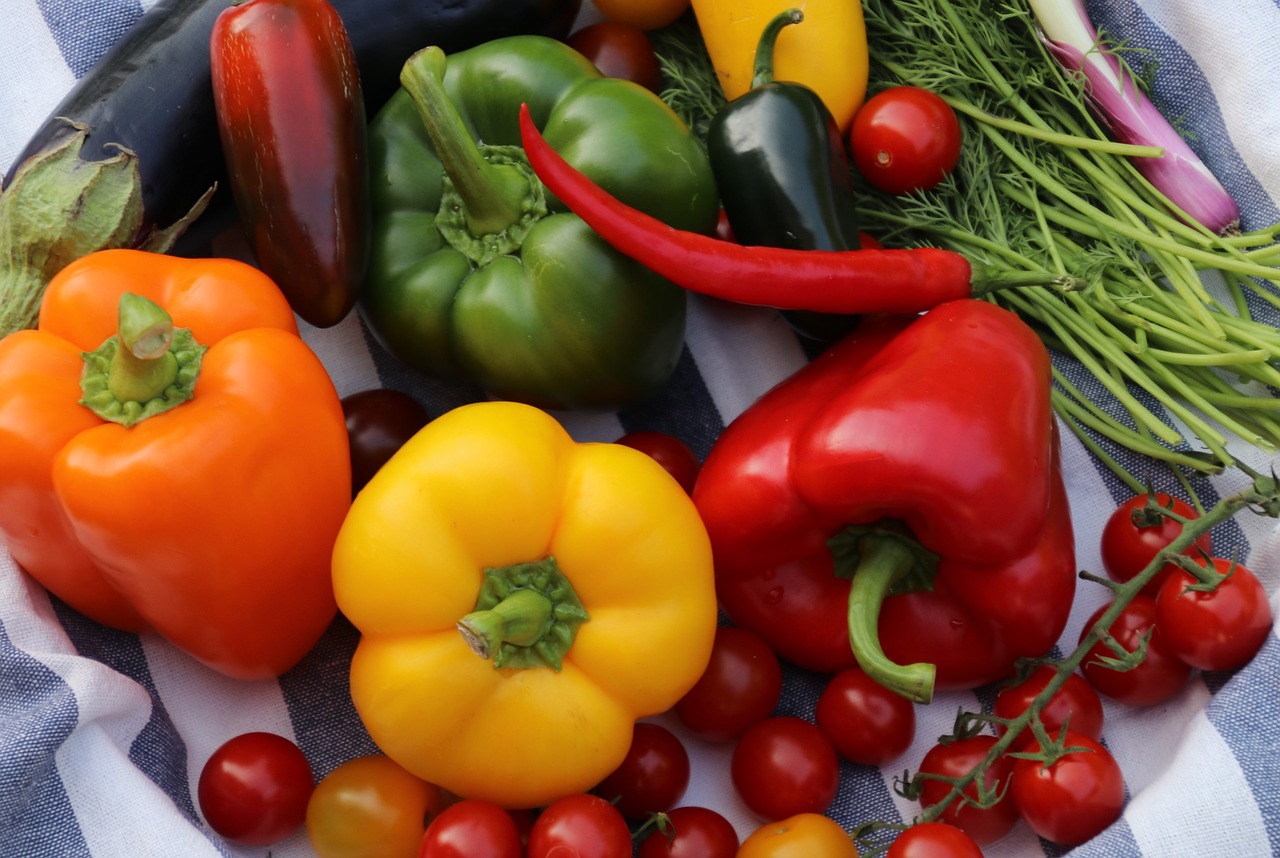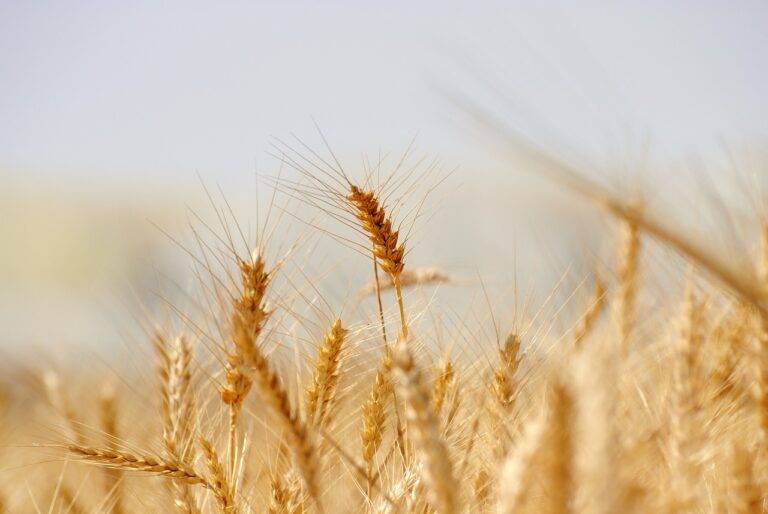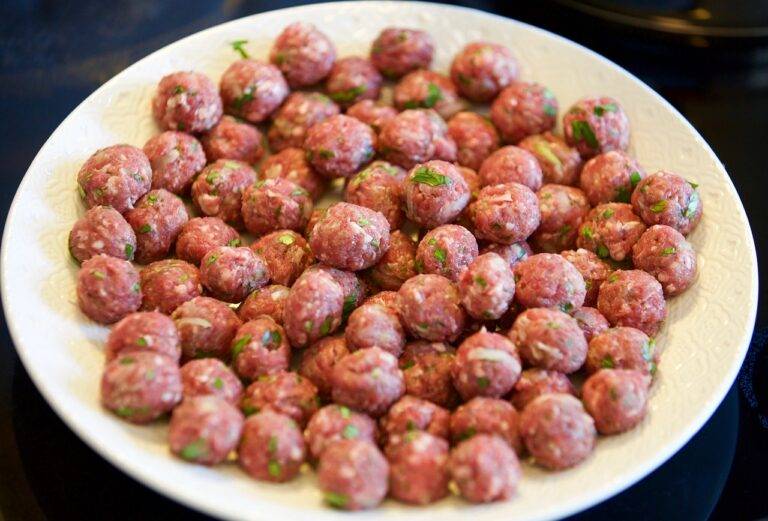The Role of Food in International Diplomacy
Food exchanges have played a pivotal role in shaping diplomatic relations throughout history. From the exchanging of spices along the Silk Road to the extravagant banquets hosted by monarchs, food has been a central element in facilitating communication and fostering understanding between different cultures.
In ancient times, the sharing of culinary traditions and delicacies was not only a symbol of hospitality but also a demonstration of respect and goodwill. Whether through the introduction of new ingredients or the fusion of cooking techniques, food exchanges have been instrumental in enriching global cuisine and promoting cross-cultural connections.
Culinary Diplomacy: How Food Can Bridge Cultural Divides
Food has long been recognized as a powerful tool in fostering cross-cultural understanding and strengthening diplomatic ties between nations. Through the act of sharing meals, countries can showcase their culinary heritage, traditions, and values to create a common ground for communication and cooperation. Whether it’s through formal state banquets or informal gatherings, food has the ability to transcend language barriers and foster a sense of unity and mutual respect among diverse cultures.
In today’s globalized world, culinary diplomacy has become an increasingly important aspect of international relations. By using food as a means of cultural exchange, countries can promote greater understanding and appreciation for each other’s customs and traditions. Through food festivals, chef exchanges, and gastronomic tours, nations can showcase their unique flavors and ingredients to create lasting connections that go beyond political differences and help build bridges of friendship and collaboration.
What is culinary diplomacy?
Culinary diplomacy is the practice of using food as a tool to facilitate dialogue and build relationships between different cultures.
How can food bridge cultural divides?
Food has the power to create connections and foster understanding between people from different backgrounds. Sharing meals allows individuals to learn about each other’s traditions, customs, and values, ultimately leading to greater empathy and cooperation.
Can you provide examples of how food has been used in diplomatic relations?
Yes, throughout history, food has played a significant role in diplomacy. For instance, banquet invitations have been extended as gestures of goodwill, and special dishes have been prepared to honor visiting dignitaries. In recent times, chefs have been invited to cook for international summits and conferences as a means of showcasing a country’s culinary heritage.
How can individuals practice culinary diplomacy in their own lives?
Individuals can practice culinary diplomacy by hosting cultural exchange dinners, trying new cuisines, and supporting local immigrant-owned restaurants. By engaging in these activities, individuals can promote cross-cultural understanding and appreciation within their communities.





